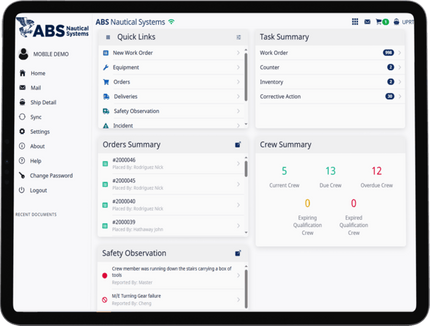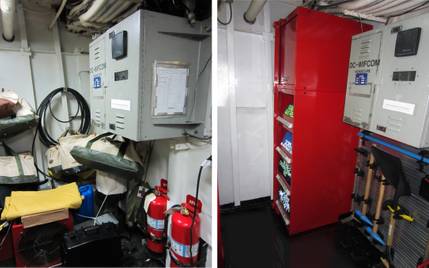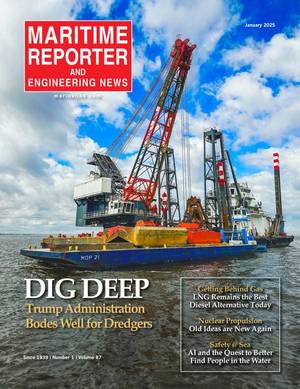US to Base Coast Guard Cutters in Western Pacific in Response to China
The U.S. national security adviser said on Friday the U.S Coast Guard was basing Fast Response Cutters in the western Pacific for maritime security missions, citing illegal fishing and harassment of vessels by China.
In a statement, Robert O’Brien also said the Coast Guard planned to evaluate next fiscal year the feasibility of basing Fast Response Cutters in American Samoa in the South Pacific.
The statement described the United States as a Pacific power and added that China’s “illegal, unreported, and unregulated fishing, and harassment of vessels operating in the exclusive economic zones of other countries in the Indo-Pacific threatens our sovereignty, as well as the sovereignty of our Pacific neighbors and endangers regional stability.”
It said U.S. efforts, including by the Coast Guard, were “critical to countering these destabilizing and malign actions.”
“To that end, the USCG is strategically homeporting significantly enhanced Fast Response Cutters ... in the western Pacific,” the statement said, without detailing where the vessels would be based or how many were involved.
O’Brien said the new-generation Coast Guard vessels would conduct maritime security missions, such as fisheries patrols, and enhance maritime-domain awareness and enforcement efforts in collaboration with “regional partners who have limited offshore surveillance and enforcement capacity.”
“Enhancing the presence of the USCG in the Indo-Pacific ensures the United States will remain the maritime partner of choice in the region,” his statement said.
The Coast Guard did not immediately respond to a request for comment on the statement, which came just ahead of a planned visit to Asia by U.S. Secretary of State Mike Pompeo.
Pompeo led a meeting of foreign ministers from India, Japan and Australia this month in Tokyo, a grouping Washington hopes to develop as a bulwark against China’s growing assertiveness and extensive maritime claims in the region, including to most of the strategic South China Sea.
The U.S. Navy regularly angers China by conducting what it calls “freedom of navigation” operations close to some of the islands China occupies that are also claimed by other states.
O’Brien’s announcement comes less than two weeks ahead of the November 3 U.S. presidential election, in which President Donald Trump’s campaign has made a tough approach to China a major foreign policy theme.
(Reporting by David Brunnstrom and Lisa Lambert; Editing by Chris Reese and Daniel Wallis)



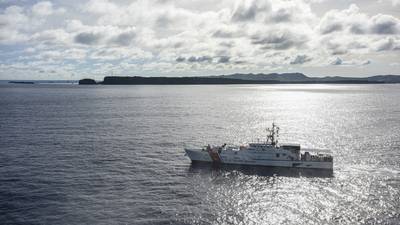
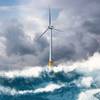
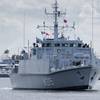

![The Coast Guard on Dec. 20 completed acceptance of the motor vessel Aiviq from an Edison Chouest Offshore subsidiary. The vessel, acquired Dec. 11 through a $125 million firm fixed-price contract award to Offshore Service Vessels of Cut Off, Louisiana, will enhance U.S. operational presence in the Arctic and support Coast Guard missions while awaiting delivery of the polar security cutter (PSC) class.) [Credit: Edison Chouest Offshore]](https://images.marinelink.com/images/maritime/w100h100c/the-coast-guard-on-dec-156960.jpg)
